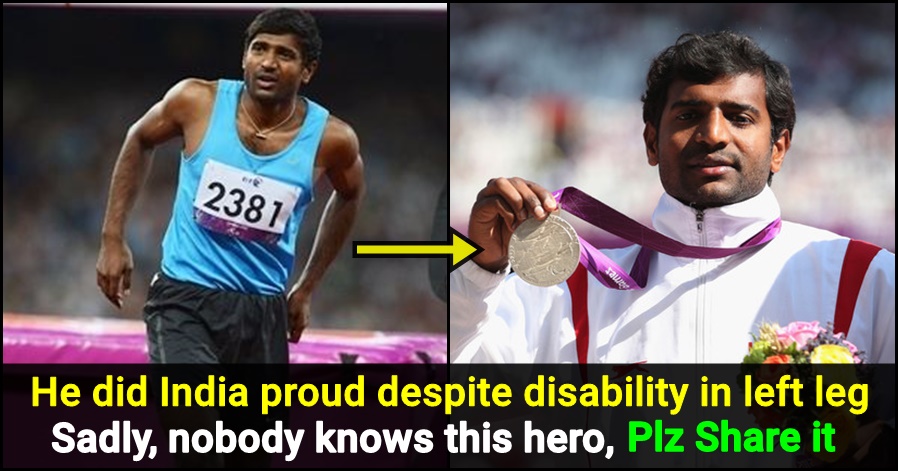Indian Army Gets Nagastra-I, GPS- First ever Made-In-India “Suicide drones”
A significant advancement has been made to enhance the capabilities of Indian security forces. In response to the escalating threat of terrorism, the security forces have introduced the indigenously developed loitering munition, Nagastra-1, to bolster the Indian Army. Solar Industries, based in Nagpur, developed this drone capable of infiltrating buildings to eliminate targets.
Nagastra-1 is a precision attack weapon. When fired in ‘kamikaze mode’, it can neutralize any hostile threat with a GPS-enabled precision attack with an accuracy of 2 meters. The man-portable fixed-wing electric UAV weighing 9 kg has an endurance of 30 minutes, the man-in-loop range is 15 km, and the autonomous mode range is 30 km. Its electric propulsion system provides a low acoustic signal due to which the enemy cannot detect it at an altitude of more than 200 meters.
Nagastra-1 is a UAV-based drone, which crashes on the target and destroys it. Its main job is to hover over the target accurately through GPS and then crash into it and destroy it. This drone also has some different features.
The Nagastra-1 drone received by the army can fly up to a height of 4500 meters. Due to the ability to fly at such a height, it becomes difficult to detect the drone through radar. This means that the drone can be easily sent into enemy territory and the target can be destroyed.
Surveillance cameras have been installed inside the Nagastra-1 drone to monitor day and night. Warheads can also be fitted in the drone, through which soft targets can be destroyed. The drone is also capable of keeping an eye on every movement of the enemy through surveillance cameras.
Promoting Make in India in the defense sector, the Indian Army signed an agreement in April last year to purchase more than 450 fully indigenous loitering munitions, Nagastra-1. The deal was done under emergency provisions under which the drones were to be supplied to the army within a year. The emergency purchase deal could cost up to Rs 300 crore. Till now such drones were procured from foreign vendors including companies from Israel and Poland.








